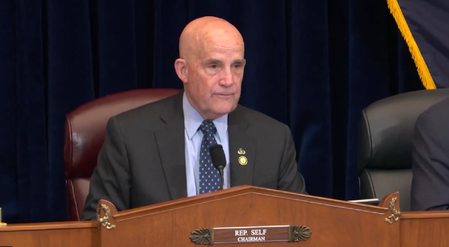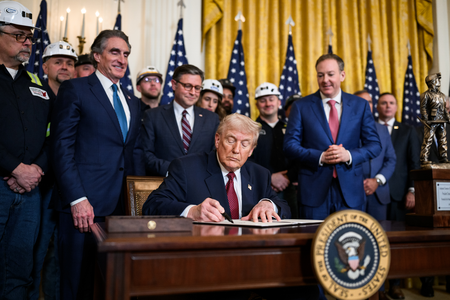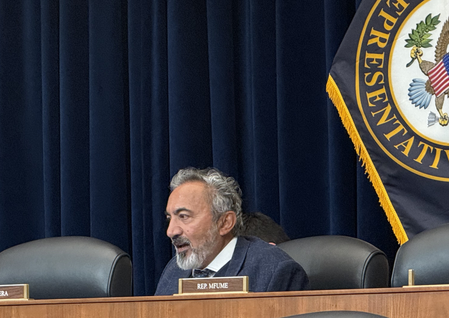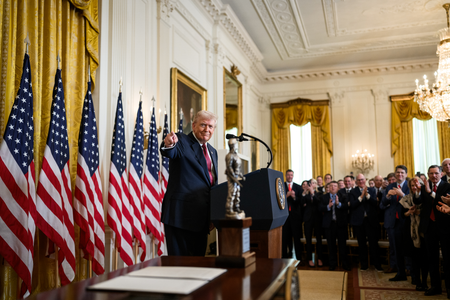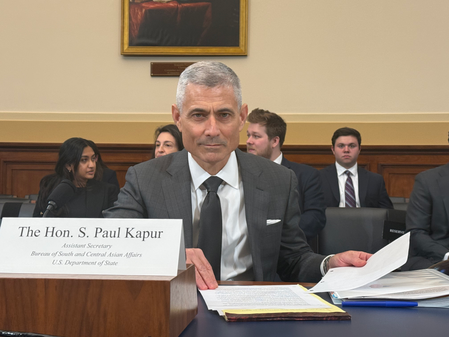Author: ARAB NEWSThu, 2017-03-30 05:00ID: 1490827530429683000
JEDDAH: As Saudi Arabia marks the first anniversary of curbs placed on the religious police, people are taking to social media in an unprecedented way to criticize their previous behavior, stating they are better off without them.
This week Saudi-based social media users celebrated the anniversary of the government’s decision to limit the authority of the Commission for the Promotion of Virtue and Prevention of Vice or the religious police with a mixture of sarcasm, humor and serious discussion about the enforcement role of the religious establishment.
The commission’s former president of the Makkah branch, Ahmed Qasim Al-Ghamdi, is optimistic about Saudi society.
“Many people anticipated that society would plunge into moral corruption if the religious police didn’t resume its work,” Al-Ghamdi told Arab News.
“This is not only an exaggeration, but a questioning of Saudi society’s religion and ethics. The reality proves the opposite.”
Social medial user Amro bin Talal was more direct in his evaluation of society without the moral police.
“They filled the world with their screams that illegitimate children will fill the roads and that the streets will be ruled by the drug mafias… none of that happened,” he tweeted.
Another Twitter user simply wrote: “Happy anniversary.”
Hammad Al-Shammari wrote: “One year of tranquility and peace after years of tragedy, action and domination.”
The Cabinet a year ago passed regulations banning the religious police from questioning, asking for identification, pursuing, arresting or detaining anyone suspected of a crime. Those responsibilities now fall on police and anti-narcotics officers.
“The religious police hasn’t been banned but reorganized. Only its work is controlled,” Saudi blogger Hussein bin Bani told Arab News.
“The aftermath of this decision proved that Saudi society is living many illusions. The religious police is a prime example.”
Al-Ghamdi said: “A year has passed since the government’s new organization of the religious police’s work, and things in the country are proceeding in a regular manner. Morals and virtue are preserved, and all disciplinary apparatuses are in place and performing their duties in the best way.”
Many Saudis and expatriates once thought the religious police was the advocate of virtue and served as society’s immune system from moral corruption.
But “it’s absolutely not the case,” said Bin Bani. “Their absence is intangible, and contrary to some expectations we’re doing fine. We’re still the same people, living in the same society and possessing the same ethics, as our ethics stem from within. They exist in each and every one of us, and don’t need government agencies to enhance them.” He said even if the religious police was removed altogether, nothing would change.
Some people suggest establishing a substitute body to the religious police, such as an ethical police, which Bin Bani says is utterly naive and does not even reflect a society that lives in the 21st century. “The ‘making’ of ethics isn’t the government’s responsibility” he said.
Bin Bani added that Saudis are innately good, and “we don’t need the extremist version of religion.”
Saudi society has witnessed a wave of entertainment in recent months, including shows, concerts and other events.
Al-Ghamdi said the religious police’s current role of supporting the Islamic Affairs Ministry, without prejudicing people’s freedoms or judging their intentions in a way that distorts the image of religion, is correct.
He urged people to be vigilant of extremist preachers, hard-liners and radicals who limit Islam to the domination, repression and guardianship of society.
“They don’t hesitate to inflame naive people’s emotions and guide them against the homeland by exploiting pseudo-slogans to further their agendas,” Al-Ghamdi said.
However, some people miss the religious police’s presence on the streets, while others say a return should come with conditions.
“Some members must first be rehabilitated, and those with criminal records should be totally expelled. Only then can we welcome them back,” said activist and social critic Waleed Al-Dhafeeri, who has 1.34 million followers on Twitter.
Main category: Saudi ArabiaTags: HaiaCommission for the Promotion of Virtue and Prevention of ViceAhmed Qasim Al-Ghamdientertainmentreligious policeTwitterrelated_nodes: Video shows a Haia member beating up girl on Riyadh streetHaia men exceeded limits, girl too was at fault: ProbeRiyadh Haia chief puts curbs on membersHaia can’t chase, arrest suspects



